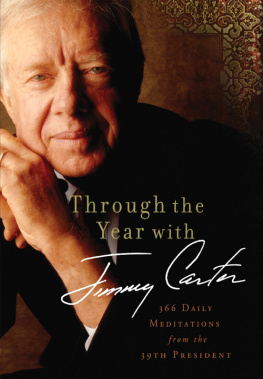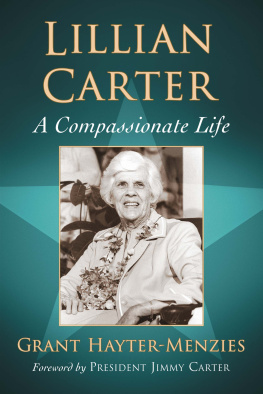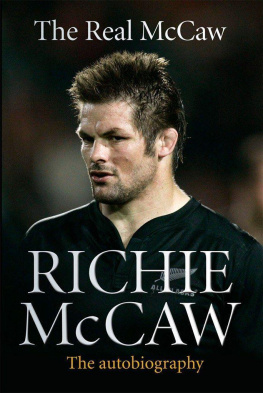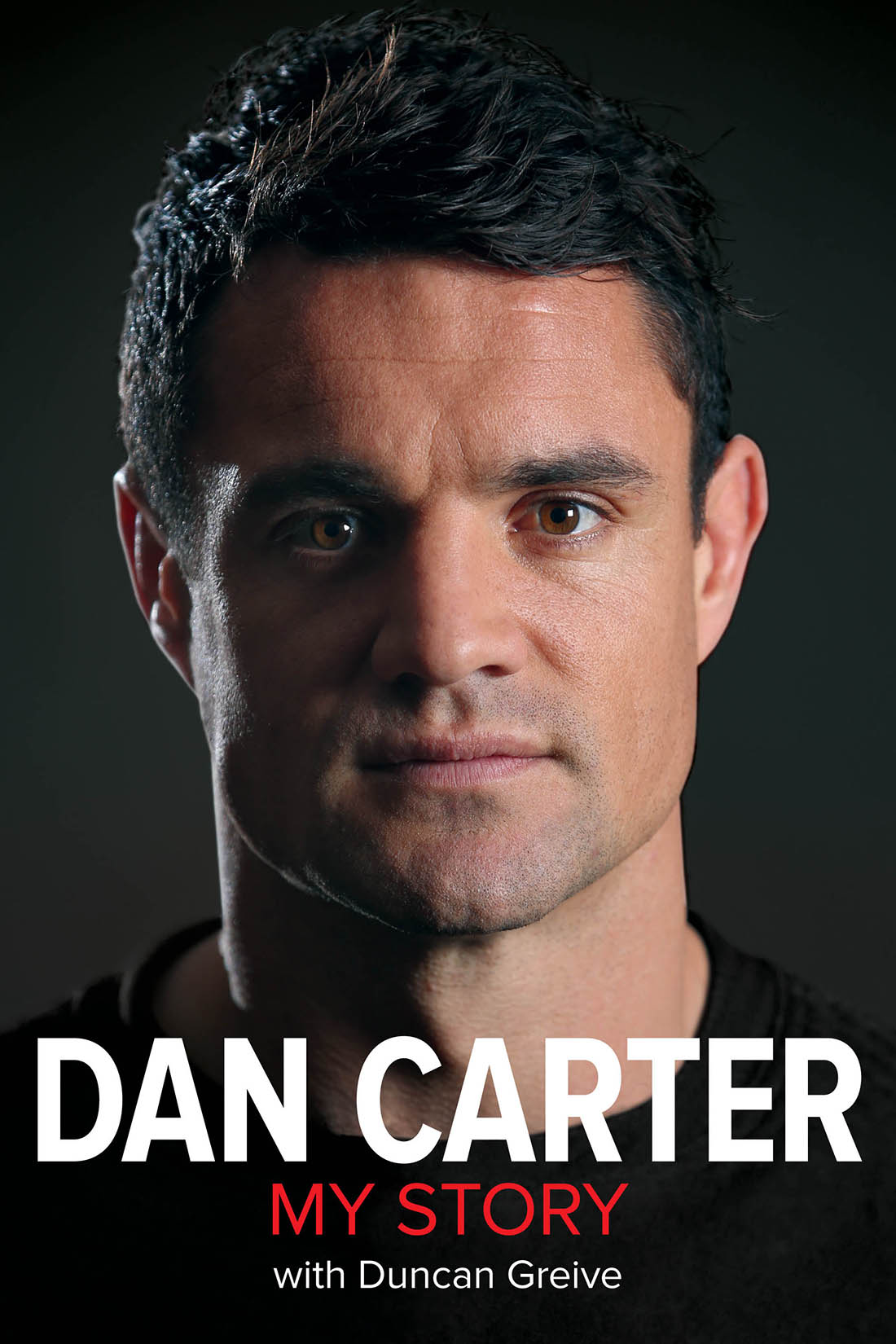For Honor, Marco and Fox
A catalogue record for this book is available from the National Library of New Zealand
ISBN 978-1-927262-51-1
A Mower Book
Published in 2015 by Upstart Press Ltd
B3, 72 Apollo Drive, Rosedale
Auckland, New Zealand
www.upstartpress.co.nz
Text Carter Promotions Ltd 2015
The moral rights of the author have been asserted
Design and format Upstart Press Ltd 2015
All rights reserved. No part of this publication may be reproduced or transmitted in any form or by any means, electronic or mechanical, including photocopying, recording, or any information storage and retrieval system, without permission in writing from the publisher.
Ebook designed by www.CVDgraphics.nz
Front cover photo: Getty
Contents
Writers Note
My introduction to Dan Carter was under somewhat bizarre circumstances. To celebrate the launch of their new smart fabric, the press release read, Jockey Performance are making Dan available for a limited series of one-on-one interviews...
Id read this kind of interview before. You go along, chat with Dan Carter about rugby, then, in small italicised print at the bottom, you mention that the interview was furnished by Jockey or similar. That didnt seem very much fun to me. But I liked the idea of doing a serious in-depth interview with Dan Carter and his life in underwear. So did Simon Wilson, my editor at Metro . We accepted Jockeys kind invitation.
I was summoned to the Langham Hotel, in central Auckland, and eventually ushered up to a two-room suite which Jockey had put on for the event. There were half a dozen or so young women there, led by a beaming Sara Tetro, still glowing with the fame of her hosting stint on New Zealands Next Top Model . Off in the corner sat DC, looking worn out, but amiable.
My time came. I sat down with Dan, and spent 15 minutes asking him about his life in undies. What were the first undies you ever wore, do you remember? How about during your teenage years? You must have a huge collection how many pairs do you reckon youve got? Are there any undies you just wouldnt wear? Etc.
He was a really, really good dude about what was a ridiculous and somewhat intrusive line of questioning. I walked away pleasantly surprised, and wrote up a very silly feature of which I remain quite fond. There was no part of me that imagined Id ever be allowed in a room with him again, what with my having revealed myself as being such an alarming clown.
It was quite the surprise when, around a year later, I received a phone call from Warren Adler. I didnt know him prior, but he had worked with Ruby Mitchell, a good friend. We discussed what a fine human she was for a couple of minutes, before he got to the crux of the matter: he worked for Upstart Press, a new publishing house founded by ex-Hachette staff. Would I be interested in writing a book about a prominent New Zealand sportsperson?
I replied that it depended on who that person might be. In my head, there were maybe two or three people who would occupy the middle ground between important enough to have a book written about them and someone Id like to write about. Dan Carter was one of them.
This was driven less by what I knew of the man than what I didnt. He was arguably the biggest star in New Zealand sports, and certainly its most visible. There he was, floating on a wall doing a bad impression of a heat pump. Smiling up at me from my mums fish oil capsules. Taking a hearty swig of Powerade after a near-miss on a mountain bike. He was everywhere! But what did I know about him?
I knew he was probably the most consistently prodigious backline player of my lifetime. That he was the highest points scorer in international rugby by a huge margin. That he was also the highest points scorer in Super Rugby, an arena in which he had won three titles. That he had twice won the prestigious International Rugby Player of the Year award and had been nominated on two other occasions. That he was considered both stunningly attractive and incredibly modest. And that his second test performance against the Lions in 2005 was quite possibly the greatest game a rugby player has ever assembled.
But I also knew that his body had betrayed him cruelly, when he needed it most. And that when that happened, he seemed to shrug it off. To recap the three things I knew: 1. He was everywhere. 2. He was a rare sporting genius. 3. He appeared to have no emotions.
It seemed inhuman. Yet, the man Id met a year earlier had been funny, self-effacing, tolerant. He had none of the born-to-rule jock energy of some other rugby players Id met. So I knew there was a contradiction between his public image and the reality of his person. Thats inevitably true of all prominent people to an extent. But I had a suspicion it was particularly true of Dan Carter.
Adler asked that I send through a few features, so that he and Kevin Chapman, the head of Upstart Press, could assess my suitability for the job. I did, and a couple of weeks later I heard back. They liked my work, and could reveal that it was indeed Dan Carter they were scouting for.
I was flattered, excited and worried. Id never written a book before, and had hoped that if I ever did I would be able to do it in many years time, once I had some clue how it was done. But an opportunity like this would likely never come along again, I reasoned. So why not take the meeting at least?
I walked up the road from my home in Kingsland to a caf near the top of Mt Eden Road. Typically, I underestimated how long the walk would take, and arrived sweaty and a little dishevelled on an unseasonably hot day in October. I walked out the back, and found Dean Hegan, Dans agent, and Dan himself. The three of us talked for 40 minutes, generalities mostly, before Dean excused himself and left Dan to it.
We spoke for a further hour, discussing what he and I might want from a book. I was struck by how much he seemed to care what Id be getting from it. Whether it was the right time for me. If I was happy for my first book to be the autobiography of a rugby player. It seemed to come from a place of empathy and care, which I appreciated, but also a baseline shrewdness: is this person the right one to entrust with my story?
We exchanged contact details, and he drove me home after-wards, which, again, seemed nice. Over the coming weeks Upstart and Dans agents at Essentially continued to negotiate no contract was yet in place while Dan and I continued to talk via email and Skype, operating under the assumption that the deal would get done, and that I would write his book.
Throughout that time I thought often of the possibilities of the story. As a journalist I had almost never written about rugby, despite loving sports, and the game. I found its presentation in New Zealand very dull, the All Blacks aside. I reflexively dislike the central control model of the NZRU, preferring the wild west private ownership model you find basically everywhere else in the professional sporting universe. I thought that fundamental distortion spread down into boards, which allowed ordinary coaches and administrators to remain in situ for far too long, and the players, who seemed aloof and distant. There seemed to be a wall up, and I couldnt be bothered trying to scale it. So I wrote about basketball and MMA and cycling and golf. Anything but rugby.
Writing Dans book represented a tantalising opportunity to be smuggled into the heart of the operation. Rugby was a huge part of New Zealand life, and one that had undergone a radical transformation post-1995 one which Dan happened to be there to witness first hand. He was one of the two or three most pivotal figures within the All Blacks during a period of great change for that awe-inspiring team one which I, for all my misgivings about rugbys structure, loved unequivocally.


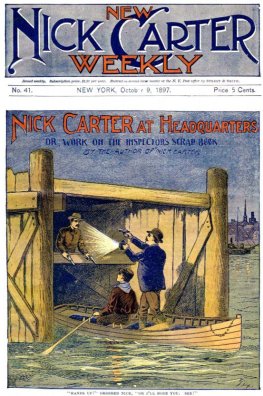


![Jenny Carter - Fuzzy Logic(2021)[Carter et al][9783030664749]](/uploads/posts/book/265335/thumbs/jenny-carter-fuzzy-logic-2021-carter-et.jpg)

